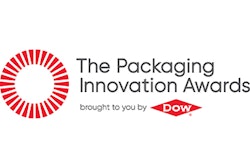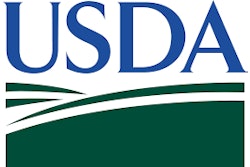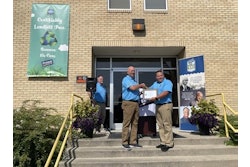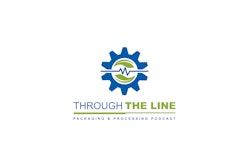
General Mills and ALUS, a Canadian charitable organization that provides expertise, resources, and direct financial support to farmers and ranchers to establish and steward nature-based solutions on their land, have announced a multi-year partnership to accelerate regenerative agriculture in Manitoba and Saskatchewan, Canada—key regions where General Mills sources oats for brands, including Cascadian Farm, Cheerios, and Nature Valley.
The $2.3 million investment will enable ALUS to grow its community-led programming with a focus on soil health through its new Growing Roots pilot program, offering both technical and financial assistance to farmers. The partnership aims to remove barriers to entry and maximize benefits for local producers, communities, and the environment.
General Mills has committed to advance regenerative agriculture on 1 million acres of farmland by 2030, reduce absolute greenhouse gas emissions—60% of which are from agriculture—across its value chain (Scopes 1, 2, and 3) by 30% by 2030, and achieve net zero emissions by 2050.
 | PACK gives BACK Is Back at PACK EXPO International |
The investment from General Mills provides support to increase farmer mentorship and fund in-field projects that follow regenerative agriculture techniques. Funding also provides enhanced data collection, scientific research, and the sharing of critical information with key stakeholders.
“We were drawn to ALUS’ grassroots approach with farmers at the center,” says Mary Jane Melendez, chief sustainability and global impact officer, General Mills. “Now, interested farmers in these communities can gain a greater understanding of regenerative agriculture and how best to apply those principles to their farm’s unique environmental, social, and financial context, along with the power of peer knowledge-sharing and community support.”



















